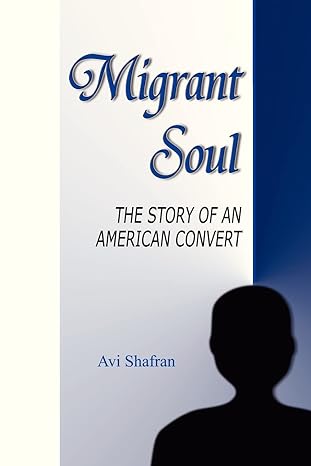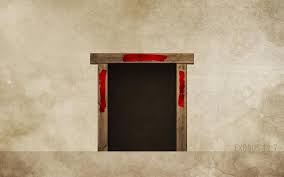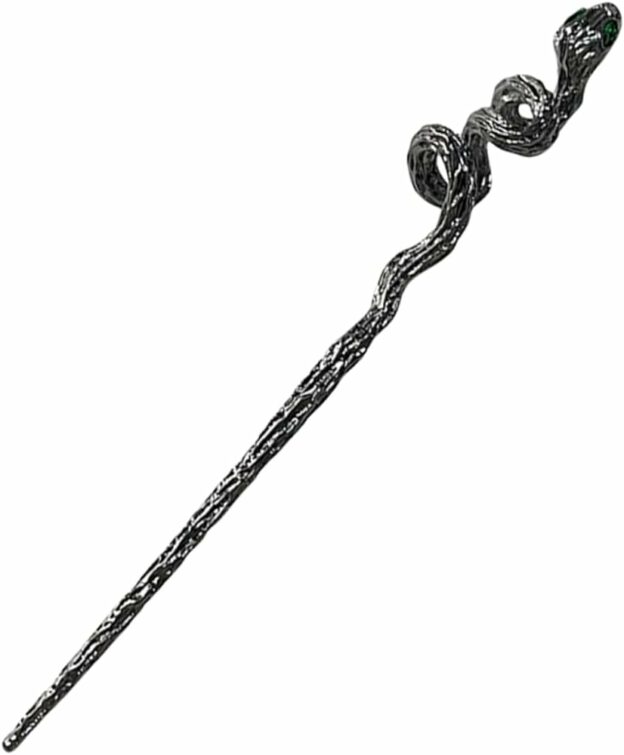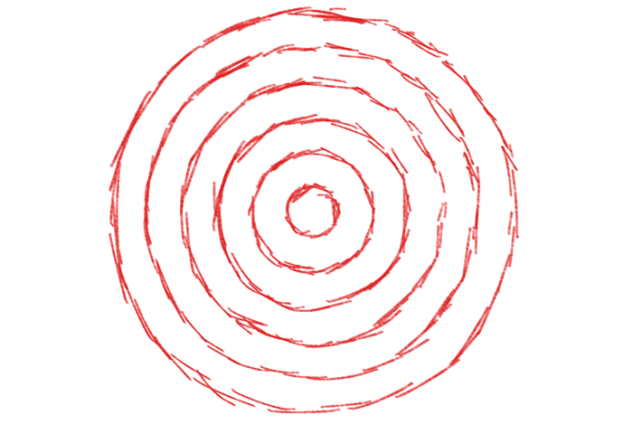When I was a teenager, I wrote a short poem that went:
All could be lies
For we see with our eyes.
Descartes, as I later discovered, beat me by some three centuries at expressing the thought that our senses necessarily mediate reality for us and thus cannot be relied upon to yield absolute truth.
That idea underlies the Rambam’s approach to miracles, that they cannot, on their own, conclusively prove anything at all. In his words: “…because it is possible to perform a wonder through trickery or sorcery” (Mishneh Torah, Hilchos Yesodei HaTorah, 8:1).
Even the plagues in Mitzrayim and the splitting of the sea could not prove anything decisively. (And so, once, when a Christian missionary came to my door to tell me of wonders performed by the object of his veneration, I just smiled and said “That’s very nice” and wished him a good day.)
What then, asks the Rambam, was it that fully convinced Klal Yisrael of Hashem’s existence and role in their exodus from Mitzrayim? His answer: Mattan Torah. (ibid).
As he explains (I paraphrase here), the happening at Har Sinai wasn’t something witnessed but, rather, something experienced. Our ancestors didn’t hear or see Hashem; they met Him intimately. They were imbued with His presence.
Which, I suspect, is the upshot of the words “They saw the thunder and lightning” (Shemos 20:15). The people, Chazal comment on those words, saw what normally can only be heard. Because they weren’t seeing or hearing at all as we normally define those words but rather experiencing the reality of Hashem. The synesthesia indicates that Hashem bypassed their senses entirely and entered their very souls.
Which is why the experience was so traumatic: The very pasuk after the one about seeing sound has the people begging Moshe, “You speak with us… let Hashem not speak with us lest we die.” To use a mundane simile, they had been like overloaded electrical circuits.
But that overload was necessary, if only for the first two dibros. Because it is what established for all generations to come – through the transmission of that experience – the relationship between the Creator and the people he chose to fulfill His mandate and carry His message.
© 2024 Rabbi Avi Shafran









